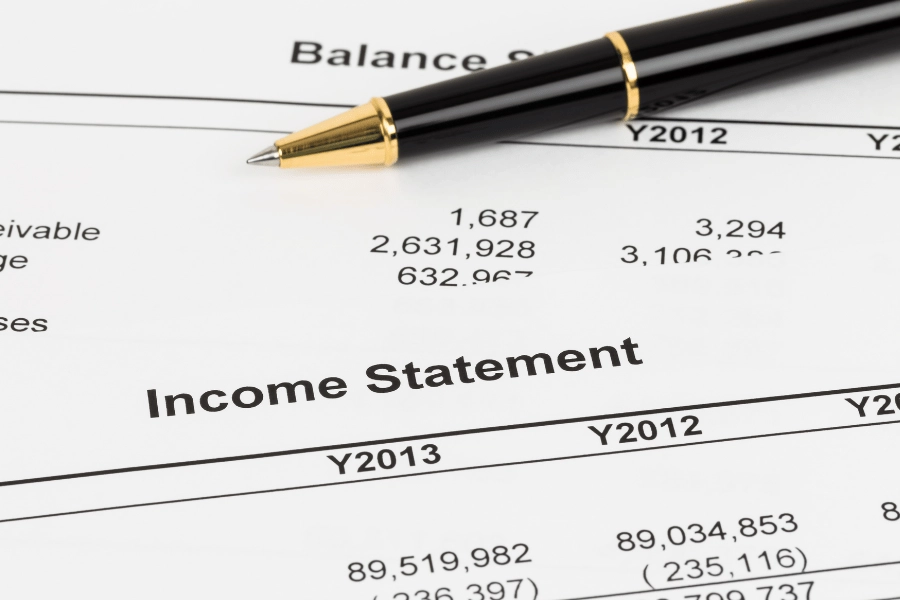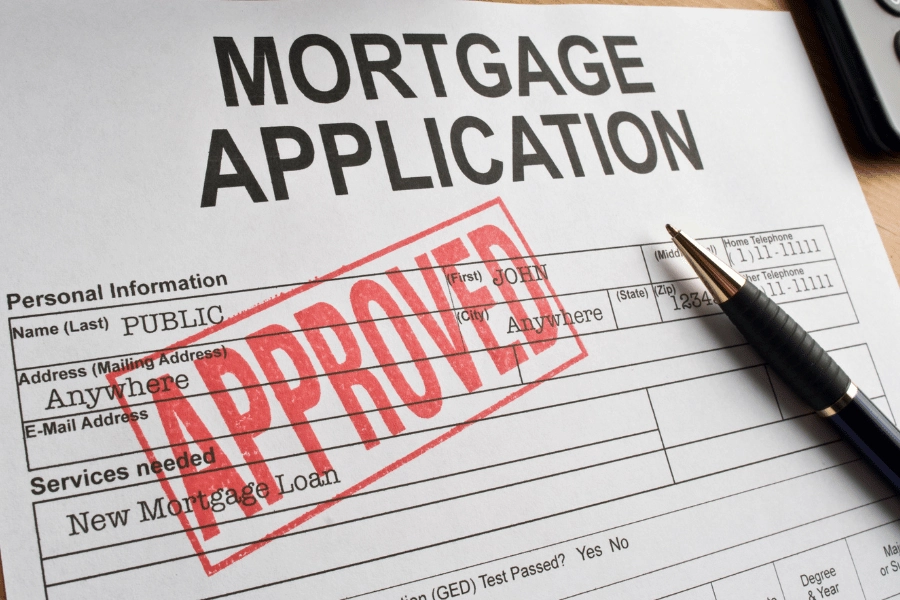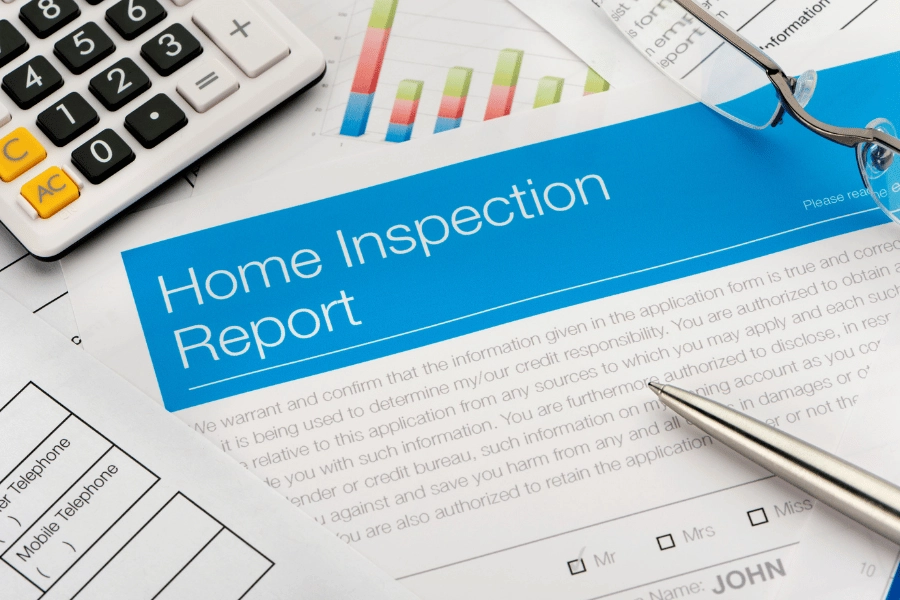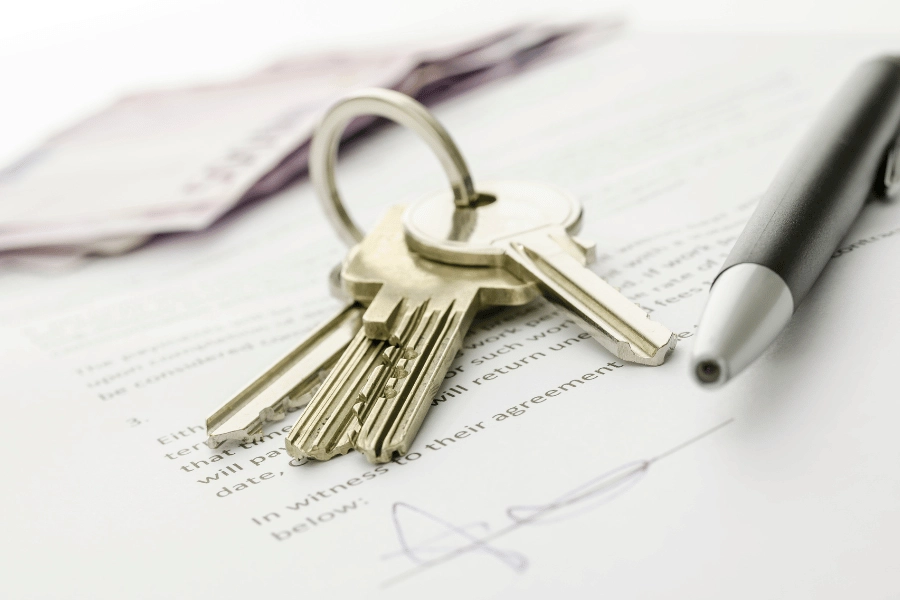Documents Needed to Buy a House
Are you planning to buy a house and need to know the necessary documents required? Continue reading to discover more about the documents you'll need to purchase a home.
Embarking on the journey of buying a home can indeed feel overwhelming, especially when you consider the numerous steps and details involved. The volume of paperwork required, from tax forms to income verification, can initially seem daunting.
However, rest assured that you are not alone in this process. Professionals like your real estate agent, mortgage lender, and title company are here to assist you in gathering and managing this vital documentation. While the process may take some time, it is a fundamental part of realizing your dream of homeownership.
After all the research and thoughtful decisions you've made to find your ideal home, it's essential to approach the paperwork with confidence rather than fear. Preparing the necessary documents in advance can significantly ease the process.
If you find yourself navigating this situation, I encourage you to continue reading about the specific paperwork you'll need. Being informed will help you feel ready and empowered as you move forward on this exciting adventure.
Here are the documents you need to buy a house.
1. Proof of Income
When you apply for a mortgage pre-approval with a lender, you will need to show proof of income. Depending on the lender, they may request documents such as pay stubs, bank statements, tax returns, and Form 4506-T.
All of these documents prove your income is what you have claimed. They will also show the sources of your down payments, which is essential to jumpstarting the home-buying process.

2. Proof of Employment
Your lender will likely use your pay stubs as proof of employment, but in some cases, it may also request a letter from your current employer to confirm your hire date and employment status.
Some documents that will be needed to prove your employment are:
- Pay stubs for at least the past 30 days
- W-2 or self-employment tax returns for the past 2 years
- A list of employers over the past several years
3. Credit Report
A credit report contains details about your debts, payment history, and any collections. Credit bureaus use this information to generate your credit score, which can indicate your creditworthiness; the higher the score, the better. Lenders review your credit report and score to evaluate your loan repayment ability.
You must request a copy of your credit report. Make sure to do this before starting the loan application process so that you are prepared.
4. Pre-Approval Letter
Once your income and credit score are verified, the lender will issue a pre-approval letter stating how much you can borrow. Because this letter sets your home shopping budget, most agents want you to have that letter in hand before they show you houses.
It's important to remember that a pre-approval letter is not a guarantee that you will receive a loan. Various circumstances could cause your mortgage application to fail, even after you have obtained this letter. Nonetheless, it is a crucial document in the home-buying process, so keep that in mind.

5. Loan Estimate
A loan estimate is a form that a lender sends within three business days of receiving your complete loan application. It provides a broad yet comprehensive financial overview of the loan you applied for.
The loan estimate does not indicate the status of your loan application; at the time it is sent out, the lender may not have made a decision to approve or deny it.
This document consists of three pages and serves as a snapshot of your proposed loan terms. It is especially useful if you are submitting mortgage applications to multiple lenders or for various loan types. It may include:
- Estimated interest rate
- Monthly mortgage payment
- Estimated tax and insurance costs
- Estimated closing cost
- Potential penalties
6. Offer Letter
If you're in a seller's market, your agent may have recommended that you write an offer letter. This is a brief letter that explains why you want to purchase the property, and in competitive markets, it can help persuade sellers to consider your offer.
Ideally, this letter should include some personal information about yourself and express what you love about the house. The goal is to create a personal connection with the seller.
An offer letter also provides an opportunity to clarify specific details of your offer, such as the reasons for any contingencies you're requesting or why the seller should consider your offer if it's below the asking price.

7. Purchase Agreement
When signed by both the buyer and seller, purchase agreements are documents that formalize the purchase and commit both parties to the contract terms. They are very important documents to have.
Although you won't be involved in creating this document, it is the core of your home sale and essential for managing your responsibilities. Completing this accurately demonstrates to sellers that you and your agent are diligent about the transaction, ensuring that there won't be any issues.
Purchase agreements include the following:
- Identification details of both sellers/buyer
- Property description and condition
- Purchase price
- All contingencies and conditions
- The rights of both parties
- Earnest money deposit amount
- All items included in the sale
- Closing cost and date
- Terms of possession
- Signatures from both parties
8. Home Inspection Report
The home inspection report thoroughly evaluates your new property, addressing important elements like the foundation, exterior details such as siding and gutters, bathroom features, appliances, the roof's condition and age, and plumbing, HVAC, and electrical systems.
Including a home inspection contingency in purchase agreements is a common practice. Notably, in 2024, only 18% of buyers chose to waive this contingency, a slight decrease from 23% the previous year. This underscores the importance of understanding your prospective home's condition before making a commitment.
If any home inspectors find problems, you can negotiate with the seller to have them fixed, get a credit at closing, or back out of the purchase if the house needs too much work and you have an inspection contingency.

9. Home Appraisal
The inspection report primarily assesses the condition of your future home, while the home appraisal determines the property's value in the current real estate market. The lender will arrange the appraisal because this document is essential for your mortgage approval.
The house you are purchasing serves as collateral for the loan. If you fail to make your loan payments, the lender has the right to seize the property to recover their losses. The lender will use the appraisal to confirm that the property is worth the amount you are paying, making it a critical part of the process.
If the appraisal reveals that the property's value is significantly less than your offer price, you have several options. You can negotiate a lower price with the seller, pay the difference in cash, or choose to back out of the purchase. Many first-time and younger buyers do not have the extra funds needed and tend to walk away in these situations.
Having a home appraisal is important, and having that information with you will make a huge impact on your decision to buy a house.
10. Title Review
The home's title report is a document that provides information regarding the legal right to ownership of a property. A title search protects both buyers and sellers by ensuring that there are no liens, judgments, or other claims against the property and that the person selling the property is the legitimate owner.
A title search examines public records to verify that the seller has the legal authority to sell the property. It also checks for any pending legal issues, such as unpaid property taxes or judgments against the seller that list the home as an asset.
Mortgage lenders typically require title reviews and often obtain their own title insurance on a home to protect their interests. Even if you are paying cash for the property, do not skip the title search, and consider purchasing your own title insurance. If any issues arise, you could end up without coverage.
11. Closing Disclosure
The closing disclosure is a form from your mortgage lender detailing the terms of the loan. It includes the same information in the loan estimate but has concrete figures rather than estimates.
In most states, the closing disclosure should be in your hands at least three business days before closing on the house so you can review the terms of the mortgage. This document is also vital when you are obtaining a cashier's check for a downpayment and closing cost.
- Interest rate
- Monthly mortgage payment
- Tax and insurance cost
- Closing cost
- Potential penalties

Methodology
We created this guide using information from various sources and our own data on documents needed to buy a house.
We used the following sources to gather most of our information on the documents to buy a house.
FAQS
What paperwork is needed to buy a house?
When applying for a mortgage and buying a house, you typically need a list of important documents such as proof of income, bank statements, employment verification, a list of your assets, and many more.
How many pay stubs do I need to buy a house?
Most lenders want to see pay stubs from the past 30 days. Remember, your tax returns act as proof of income to show lenders you have a stable source of income. The pay stubs will show them that your income has increased/stayed the same since last tax season.
What documents are required for the actual home purchase?
To complete the home purchase, you will need documents like a signed purchase agreement, a pre-approval letter from a lender, a copy of the home inspection report, proof of homeowners insurance, and your identification (license or passport).
What documents should I expect to sign at the closing table?
When you are closing, you will typically sign documents such as the closing disclosure, promissory note, deed of trust or mortgage, and various other documents. You will also receive a settlement statement outlining the transaction's financial details.
Documents Needed to Buy a House - The Bottom Line
Keep in mind that this is not an exhaustive list of all the documents needed; however, it is a breakdown of some of the most important ones. For an extensive list of all the documents, you should talk with your agent to help you get all the paperwork together since many different documents are needed.
The actual list of documents your lender requests may vary depending on the lender, the mortgage you want, and your financial situation. Make sure you ask before for a list of paperwork you might need and start collecting it before you begin the application process.
Buying a home can be overwhelming, especially when you are considering the endless pages of all the documents you need. However, getting ahead of the game and understanding what you need and when to do it will help ease the stress of the house-buying process.
If you are considering moving or selling, contact us or visit our website. Our team at Raleigh Realty is here to help you with any home buying or selling needs.




